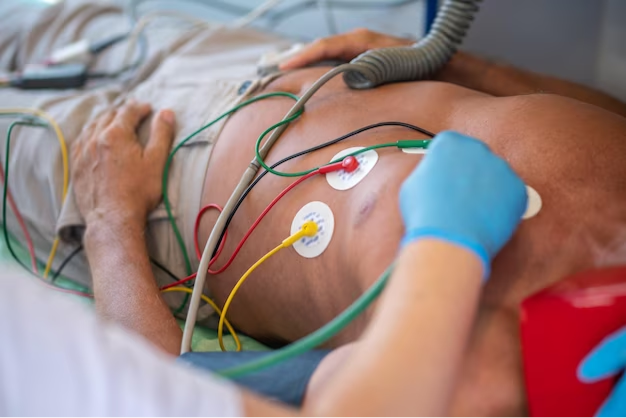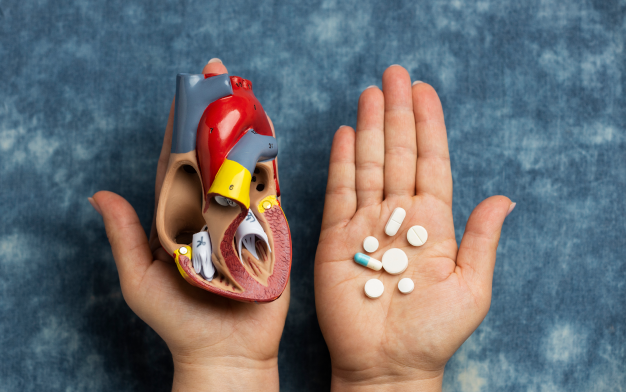Introduction
Heart failure is a complex and debilitating condition that affects millions of individuals worldwide. For patients with advanced heart failure, traditional treatments may not be sufficient, and more advanced interventions are required. Ventricular Assist Devices (VADs) have emerged as a critical component of interventional cardiology in managing heart failure. In this article, we will explore the role of VADs, their benefits, and the impact they have on the lives of patients with severe heart failure.
Understanding Heart Failure and Its Challenges
Heart failure occurs when the heart's ability to pump blood efficiently diminishes, leading to a range of symptoms, including fatigue, shortness of breath, and fluid retention. In severe cases, heart failure can become refractory, meaning that it does not respond to standard treatments. This is where VADs come into play.
Ventricular Assist Devices (VADs): A Lifesaving Solution
VADs are mechanical devices that assist the heart in pumping blood, providing crucial support for individuals with severe heart failure. There are two primary types of VADs:
- Left Ventricular Assist Devices (LVADs): These devices are designed to support the left side of the heart, which pumps oxygen-rich blood to the rest of the body.
- Right Ventricular Assist Devices (RVADs): RVADs assist the right side of the heart, which pumps blood to the lungs to be oxygenated.
Benefits of VADs in Heart Failure Management
- Improved Quality of Life: VADs significantly improve the symptoms of heart failure, allowing patients to breathe more easily, have more energy, and engage in daily activities.
- Bridge to Transplant:VADs can serve as a bridge to heart transplantation, enabling patients to stay alive while awaiting a suitable donor heart.
- Destination Therapy: For individuals who are not eligible for heart transplantation, VADs can serve as long-term or destination therapy, offering extended life and improved quality.
- Recovery of Cardiac Function: In some cases, VAD support can lead to the recovery of the heart's function, allowing patients to have the device removed.
Implantation and Management
VAD implantation is a highly specialized procedure performed by interventional cardiologists and cardiac surgeons. The device is connected to the heart's chambers and the aorta or pulmonary artery, depending on whether it's an LVAD or RVAD. An external controller manages the device's operation, and it is powered by batteries or electricity.
Regular follow-up care is essential for patients with VADs to monitor device function and manage potential complications, such as infection or clot formation.
Challenges and Future Developments
While VADs have revolutionized heart failure management, challenges remain. Infections, bleeding, and device malfunction are potential complications. Researchers and medical professionals continue to work on improving device design and reducing complications.
Additionally, advancements in miniaturization and wireless technology are paving the way for more portable and less invasive VADs, offering a brighter future for heart failure patients.
Conclusion
Ventricular Assist Devices have changed the landscape of heart failure management. These devices provide a lifeline for individuals with advanced heart failure, improving their quality of life, offering a bridge to transplantation, and in some cases, leading to cardiac recovery. As the field of interventional cardiology continues to advance, we can anticipate even more refined VADs and improved patient outcomes, bringing hope and extended life to those affected by severe heart failure. It is a testament to the power of medical innovation and the commitment of healthcare professionals to enhance the lives of their patients.
.pdf%20300X60%20PX-02-02.svg)



